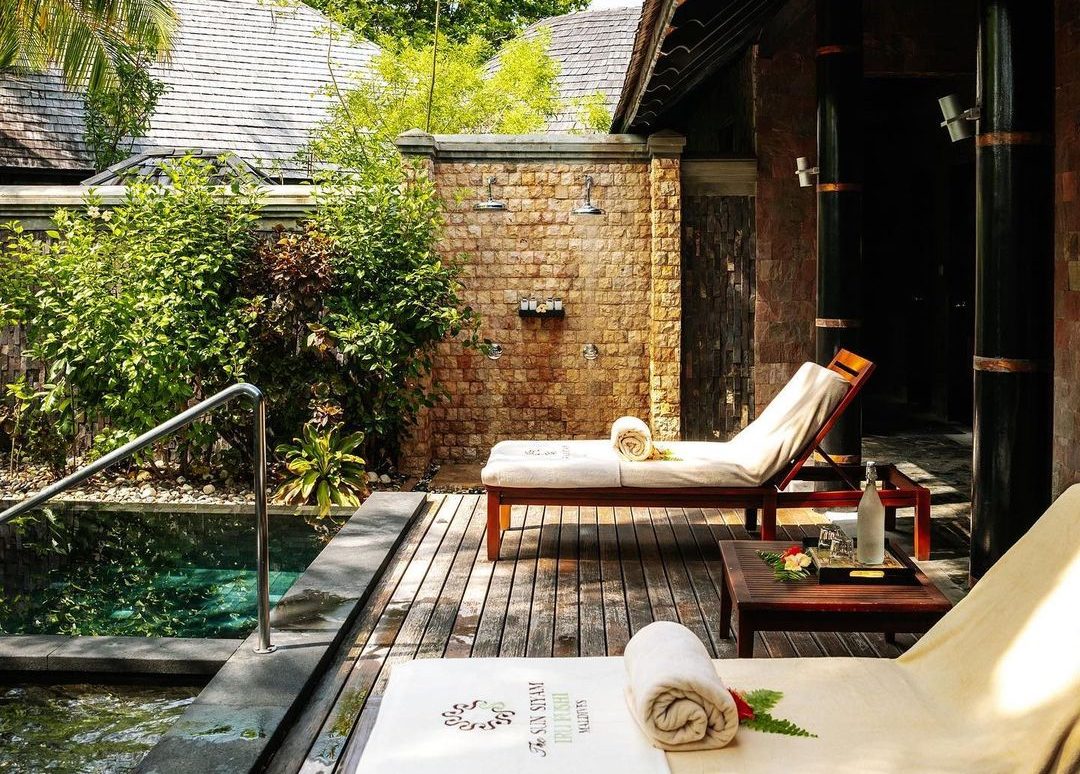Baros Maldives has announced the reopening date of its doors to guests and the launch of an exciting new villa category. The award-winning boutique resort will reopen on 1st October 2020 along with its new ‘Baros Residence’ villas. The new villas promise guests with uninterrupted privacy, space as well as more room amenities.
Introducing for the first time, Baros Residence incorporates the unique and luxurious style that the island resort is famously associated with. Adding to the resort’s spectacular assembly of villas, the Residence will be exclusive to guests staying in the Residence and features an ultimate indoor-outdoor space in the seclusion of a garden retreat.
In the Residence’s palatial 270sqm, guests have the freedom of space as well as being able to relax in secured privacy. Located on the eastern shore of the island, the Residence is blessed with the warm rays of the Baros sunrise. Featuring a lush tropical garden, a 21sqm pool, and a sun deck with direct beach access to a pristine white sand beach, the Baros Residence is a secluded haven.
A statement by Baros Maldives read.
With a butler dedicated to each villa, Baros ensures that all guests’ needs are met. Likewise, guests can order private in-villa breakfast, freshly prepared tropical fruit platters with delicious canapés at sunset. Moreover, guests staying in the residence will receive a welcome gift hamper in addition to a private luxury speedboat two-way transfers between the resort and Velana International Airport. Furthermore, the resort will offer a unique breakfast experience for Residence bookings done for more than five nights at the Piano Deck located in the middle of the island’s turquoise lagoon.
With this new spacious addition to the island’s luxurious collection, Baros Maldives strengthens its noteworthy title as a pioneer in the Maldivian tourism industry. Thus, the resort furthers its prevalence in the international luxury market. The resort has spent decades fine-tuning its services and cultivating its environment, making it a legendary resort since its official opening in 1973.







